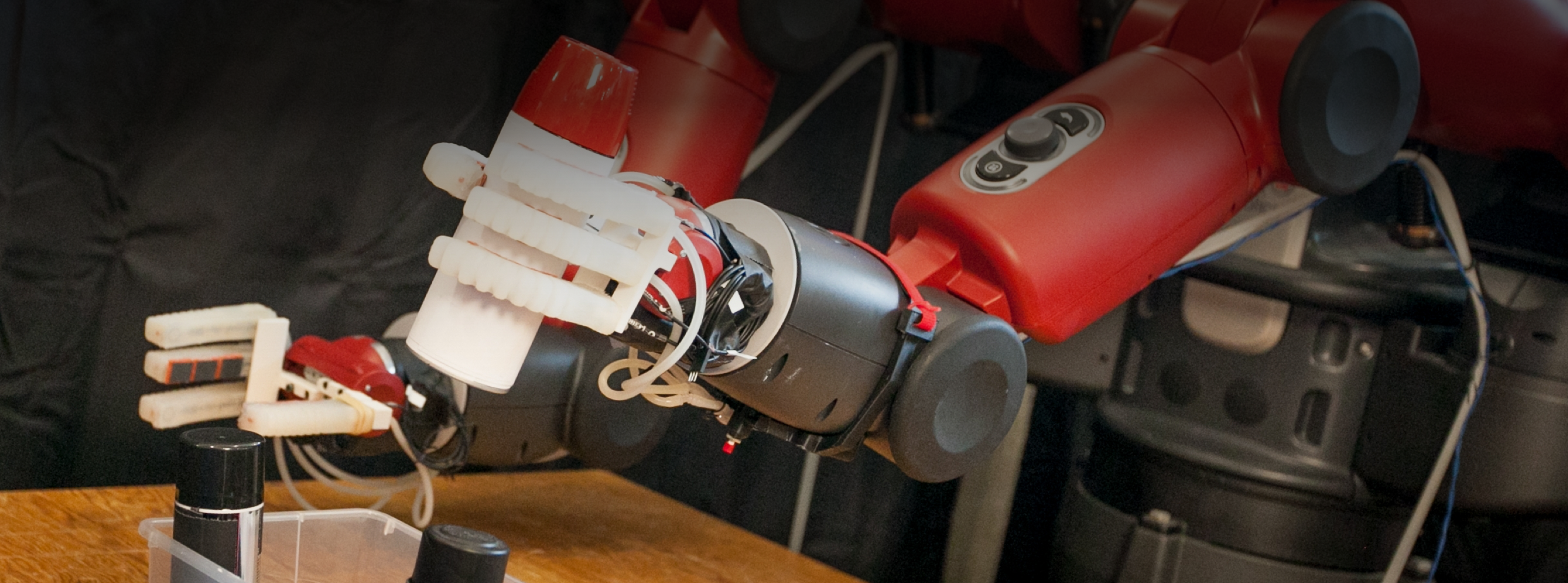WRITTEN BY: Matt Busekroos | VIDEO BY: Nate Caldwell
Born in France, Camilo Fosco spent his formative years in Argentina where he went on to study electrical engineering at the University of Buenos Aires. Fosco is now a graduate student at MIT pursuing a PhD in Computer Science. Fosco works at the intersection of computer vision, perception and computational cognition. Prior to his PhD, Fosco obtained a master’s degree in computational science at Harvard University.
Fosco’s current projects at CSAIL revolve around understanding how the human brain processes certain types of information, and trying to mimic that for the better. He has been working on a paper that estimates what parts of a fake video are easier for humans to detect, and amplifies those artifacts to increase the probability that humans will label the video as fake.
Additionally, Fosco is working on understanding human abstractions to see if it is possible to build a machine learning model that estimates what a set of images and videos have in common. He is trying to understand what makes videos memorable to people, and if there are specific characteristics in visual inputs that stick in people's memory.
Fosco has been working with his advisor Professor Aude Oliva and said he is grateful working alongside Oliva and the rest of his colleagues in the lab.
“Aude has an incredibly dynamic energy that always drives you forward, and her knowledge and advice is super helpful,” Fosco said. “I've learned so much from her - tons of concepts related to cognitive science and the human brain, but also practical things, like how to multitask correctly, give good talks, interact with industry, and navigate the academic world.”
With his research, Fosco said his work is more about discovering how the brain processes information first, to then build things that leverage this. For example, understanding how human memory works on videos to then build AI that can make visual communications more memorable, or understanding how the brain thinks of visual abstractions to build models that can transfer knowledge between domains better.
“The objective is to use that knowledge to improve our automated systems both to help in everyday tasks and better interface with our human minds,” Fosco said. “My work on memorability and abstraction could help create ML models that understand inputs in a way that's more aligned with humans, and my work on deepfakes will hopefully help slow down the spread of misinformation.”
Fosco said he is passionate about the applications that are stemming out of machine learning research.
“Watching a model generalize and solve a task that seems extremely hard at first glance is like magic to me,” Fosco said. “Watching GPT3, DALL-E and other foundational models generate text and images from simple prompts always blows my mind. I hope to be able to build something as impressive as that someday. Most of all, I'm hopeful that if we do things right, this magic will be part of our everyday lives in the future.”
While Fosco still has about two years left at CSAIL, Fosco said he would love to work in an industry research lab and see direct applications of the research projects he works on.
For more information on Fosco, you can check out his abstraction work here, his deepfakes work here and his memorability work here.

